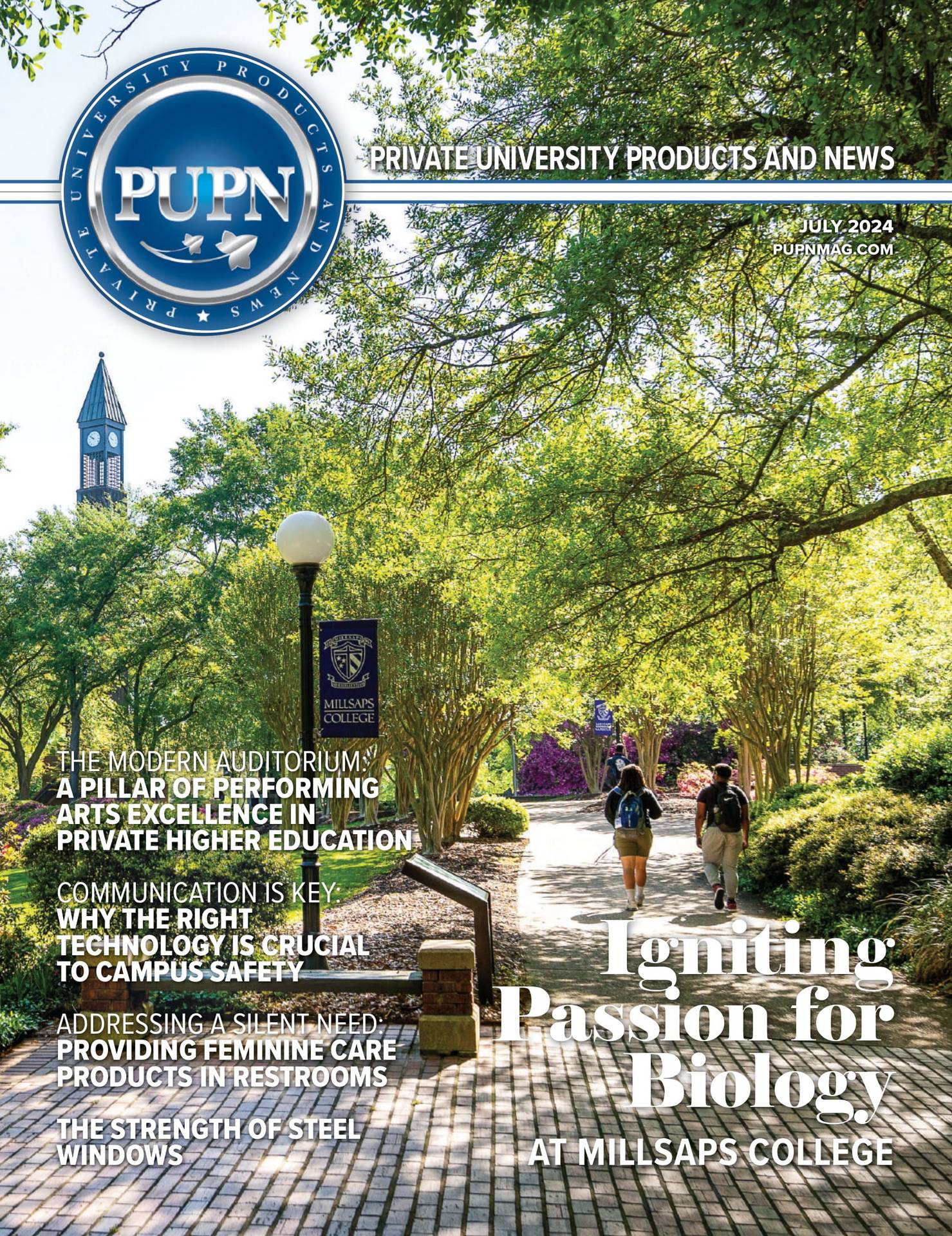I much prefer the idea of being the type of person who goes on weekly hikes and treks through mountains, but alas, I will happily protect the base and keep the fire going while everyone else rappels off cliffs. My best friend, on the other hand, has spent multiple weeks backpacking through the Outback, New Zealand, and various states across the US. I guess opposites really do attract.
While I researched the Reed Outdoor Programs and Education (ROPE) at Reed College, I found myself becoming increasingly envious of the students. Though I am no Bear Grylls, I was awestruck by the opportunities Reed provides its students year-round. Even someone like me, who can hardly swim in three-feet of water, felt inspired to grab my tent and head to the river.
Reed College does a remarkable job of making outdoor recreation seem tangible and thrilling, even for the more timid and novice explorers.
Program Aspects
ROPE is one aspect of Reed’s overall physical education department. In addition to the more standard amenities, such as a swimming pool, weight room, yoga studio, cardio center, climbing wall and basketball court, Reed College has expanded the PE program far off campus.
Such outdoor activities include rock climbing, whitewater kayaking, backpacking trips, and mountaineering. All students at Reed must earn at least six credits in Physical Education, and therefore, Reed wanted to ensure that all students could find classes that best fit their interests and abilities. For the ROPE classes and excursions, there are several weekend trips that are catered to different skill levels: beginner, intermediate, and advanced.
Some of the key differences among the levels are related to distance and terrain. As an example, those on beginner trips may only hike five miles a day and stick to paddling only in gentle water; meanwhile, the more advanced students may walk up to ten miles daily, across more trying territories, and participate in white water rafting.
Will Symms, Assistant Director of Athletics, Fitness and Outdoor Programs at Reed College, explained that these adventures are designed to push students to whatever difficulty level they are comfortable with attempting. Typically those students who choose the more advanced trips are encouraged to try new activities and explore their perceived limitations.
Training and Leading
In addition to students having the opportunity to practice their leadership skills by spearheading student-led adventures, Reed also offers professionally guided ice climbing and whitewater kayaking. For those students who are interested in learning more about what it takes to embark with a group into the woods of Oregon, students have annual opportunities to take professional classes including Wilderness First Responder, Swift Water Rescue, Leave No Trace, and Avalanche One.
Not all the events focus heavily on learning survival tactics; in fact, many have a predominantly social initiative. One of Reed’s programs, Outdoor Experiences, brings small groups of eight to ten students to wilderness areas that are within driving distance of the Portland campus.
During these trips, the students can explore areas of the remaining old-growth forest around the Mount Adams and Indian Heaven wilderness areas. These trips can be led either by students or outdoor professionals. In either case, all are trained in outdoor leadership, first aid, and CPR.
Symms detailed the layers of benefit of the ROPE program. Students at Reed tend to be heavily dedicated to their education, and can become overly saturated with school stressors. By offering the students a weekend (or series of weekends) where they can blow off some steam, they are better prepared to thrive in their academics.
Additionally, those students who choose to take advantage of the leadership opportunities ROPE has to offer can learn valuable skills about teamwork, preparation, responsibility management, and how to gracefully learn from failure-all of which can then be applied in lifelong learning.
Locations Reed College, located in Portland, Oregon, is a permittee of the Mt. Hood National Forest, Gifford Pinchot National Forest and Columbia River Gorge Recreational Unit, and most of their trips take place either at Mount Adams or Indian Heaven. These areas provide a multitude of different environments for students to explore; different trips may be mostly coastal and allow for more water-based activities, while others are more mountainous and snowy.
To paraphrase Symms, the environmental diversity is one of the greatest perks of being in the Northwest Pacific area, because the location allows for a bounty of different experiences.
To any colleges looking to expand their outdoor recreation programs, Symms explains how beneficial these programs are to the students’ academic successes. He believes that outdoor programs are correlated with increased student satisfaction and graduation rates. Therefore, when looking for increased funding, it is vital to show benefactors how outdoor recreation improves both student well-being and performance.
The Fun of it All
As we all know, college is hard; yet, it is somehow often among the best years of a person’s life. When I get nostalgic about my undergraduate days, papers and projects are not the first thoughts that pop into my mind; it’s the after-hour events I attended on campus, or the late afternoon coffee breaks with the girls in jiu-jitsu class.
Symms and other Reed officials realize the fundamental importance of experiences such as these. Symms implores students to try and maximize their time at Reed and capitalize on their time in college. Programs like ROPE encourage students to step outside their comfort zones, while still being in a safe environment.










